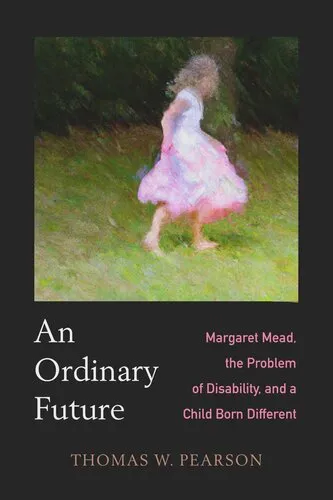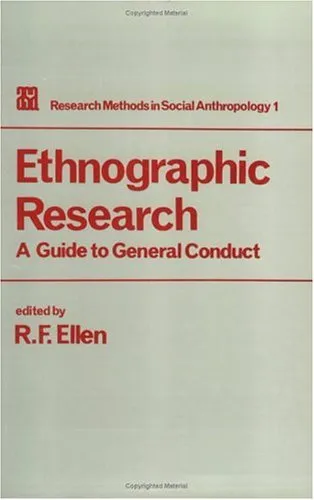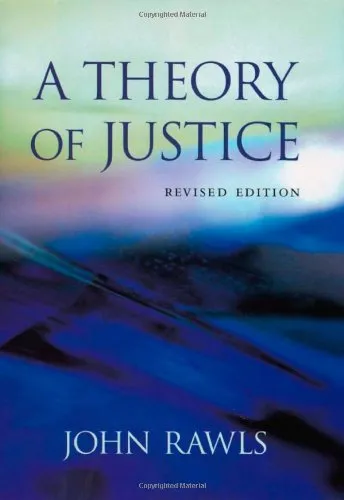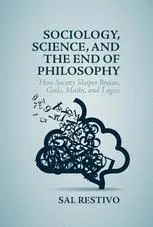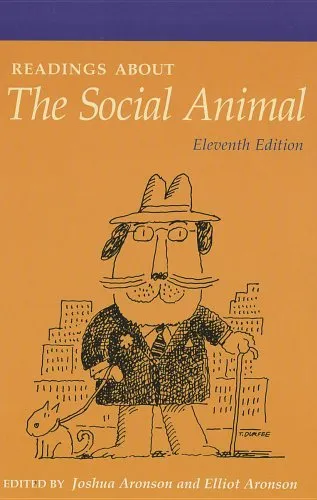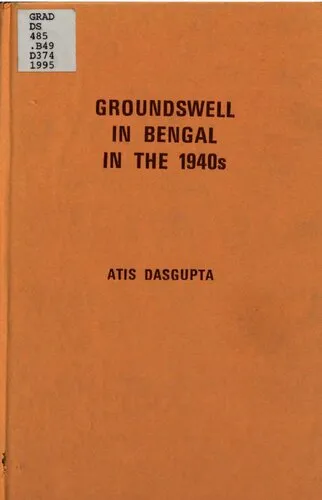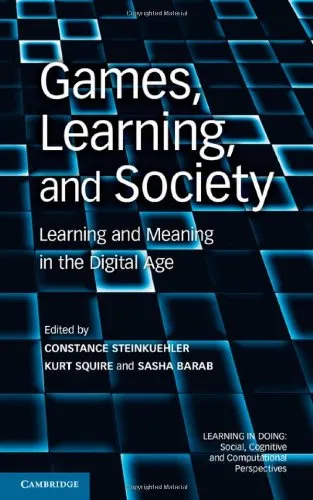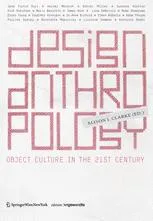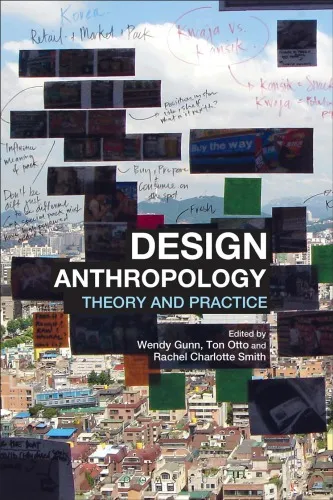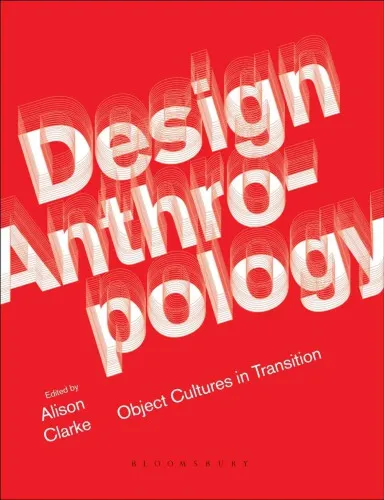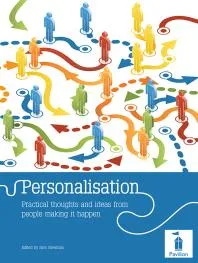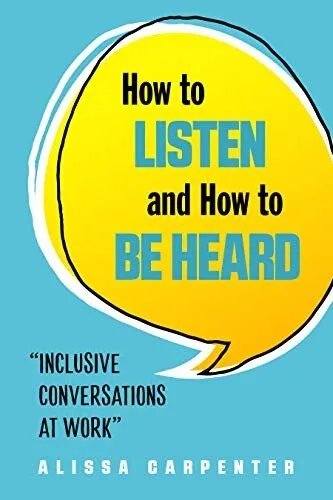An Ordinary Future: Margaret Mead, the Problem of Disability, and a Child Born Different
4.5
Reviews from our users

You Can Ask your questions from this book's AI after Login
Each download or ask from book AI costs 2 points. To earn more free points, please visit the Points Guide Page and complete some valuable actions.Related Refrences:
Introduction to "An Ordinary Future: Margaret Mead, the Problem of Disability, and a Child Born Different"
In modern society, disability is often viewed as a deviation from the norm, a challenge to conventional ways of thinking about human potential, development, and societal roles. My book, An Ordinary Future: Margaret Mead, the Problem of Disability, and a Child Born Different, delves deeply into these questions by exploring disability through the lens of history, anthropology, and the life of a single child who disrupts conventional assumptions about what it means to live an "ordinary" life. This is not merely a historical account or a purely academic study—it is a narrative that resonates through the past, present, and future of humanity.
Detailed Summary of the Book
An Ordinary Future is built on a foundation of critical inquiry, beginning with an exploration of the work of Margaret Mead, the renowned anthropologist whose life's work focused on challenging normative assumptions about culture, gender, and human experience. Mead's perspective forms the framework through which we confront the "problem of disability." By revisiting Mead's ideas, we are reminded of her belief in limitless human adaptability and the social construction of norms. The book examines how Mead's work can help us reimagine disability not as a deficit but as a form of human diversity.
The narrative pivots around the story of a child born with a genetic anomaly, a "difference" that places them on the margins of medical and societal expectations. Rather than framing this child's life as a tragedy or inspiration, the book calls into question the very narratives we impose on such lives. Through in-depth research, personal stories, and socio-cultural analysis, it invites readers to reconsider what we mean by concepts like "normalcy," "progress," and "potential."
Spanning several disciplines—including anthropology, disability studies, bioethics, and the history of science—An Ordinary Future challenges readers to think critically about how we construct and respond to human difference. Can we truly imagine a world in which disability is not erased or "fixed" but valued as an essential element of human diversity? And what would such a world demand of our societies, policies, and educational systems? These are the pressing questions that form the heart of the book.
Key Takeaways
- Disability is not an inherent flaw or limitation but a product of cultural, social, and historical norms that prioritize certain ways of being over others.
- By reexamining the work of Margaret Mead, we can find tools to challenge societal expectations around normalcy and embrace a more inclusive vision of human diversity.
- The lived experience of disability has much to teach us about resilience, adaptation, and how humans relate to one another in meaningful ways.
- Creating a more inclusive future requires not just policy changes but a fundamental shift in how we think about human potential and worth.
Famous Quotes from the Book
"The measure of a society is not in its ability to eliminate difference but in how it learns to live with, and even celebrate, the diverse forms life can take."
"Margaret Mead once cautioned us against rigid thinking, stating that we must be prepared to redefine what is 'normal' in every generation. This book asks what such redefinition might look like if disability were seen not as a problem, but as a possibility."
"A truly ordinary future isn't one where all differences are erased; it is one where differences coexist in a framework of mutual respect and interdependence."
Why This Book Matters
An Ordinary Future matters because it addresses universally relevant issues surrounding how we as individuals, families, and societies construct meaning around human difference. In a world increasingly shaped by technological advancements in genetics and medicine, the temptation to "fix" or eliminate disability is growing stronger. This book is a call to resist such reductionist thinking. Instead, it advocates for an ethical and empathetic approach to disability—one that values diversity as a cornerstone of human identity rather than seeing it as a problem to be solved.
Moreover, this book is an invitation to push boundaries—not just academically or intellectually, but emotionally and socially. It asks readers to confront their assumptions, biases, and fears about disability and to envision what a more inclusive world might look like. By grounding these questions in a mix of historical analysis, cultural critique, and personal narrative, An Ordinary Future achieves something rare: it bridges the gap between theory and practice, shedding light on how we might collectively work toward a better future.
Simply put, this book is for anyone who wants to rethink what it means to be human.
Free Direct Download
You Can Download this book after Login
Accessing books through legal platforms and public libraries not only supports the rights of authors and publishers but also contributes to the sustainability of reading culture. Before downloading, please take a moment to consider these options.
Find this book on other platforms:
WorldCat helps you find books in libraries worldwide.
See ratings, reviews, and discussions on Goodreads.
Find and buy rare or used books on AbeBooks.
1465
بازدید4.5
امتیاز0
نظر98%
رضایتReviews:
4.5
Based on 0 users review
Questions & Answers
Ask questions about this book or help others by answering
No questions yet. Be the first to ask!
